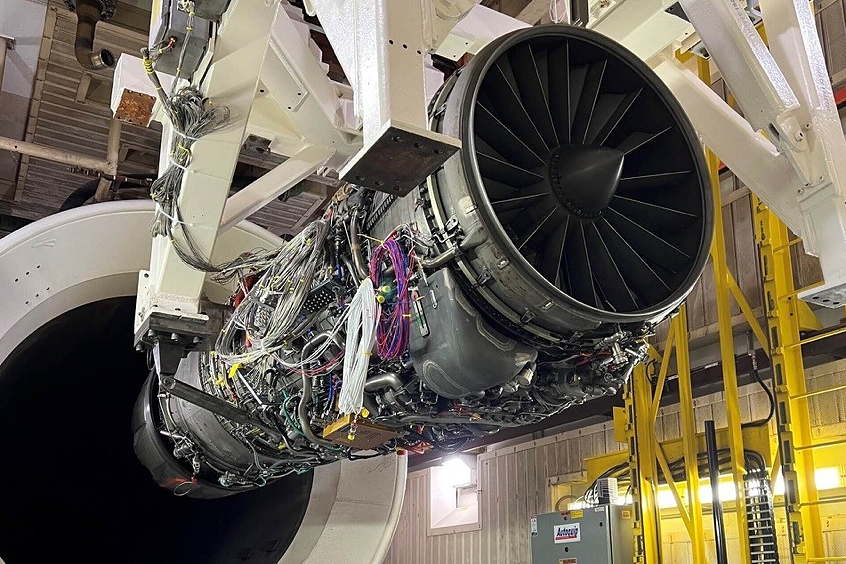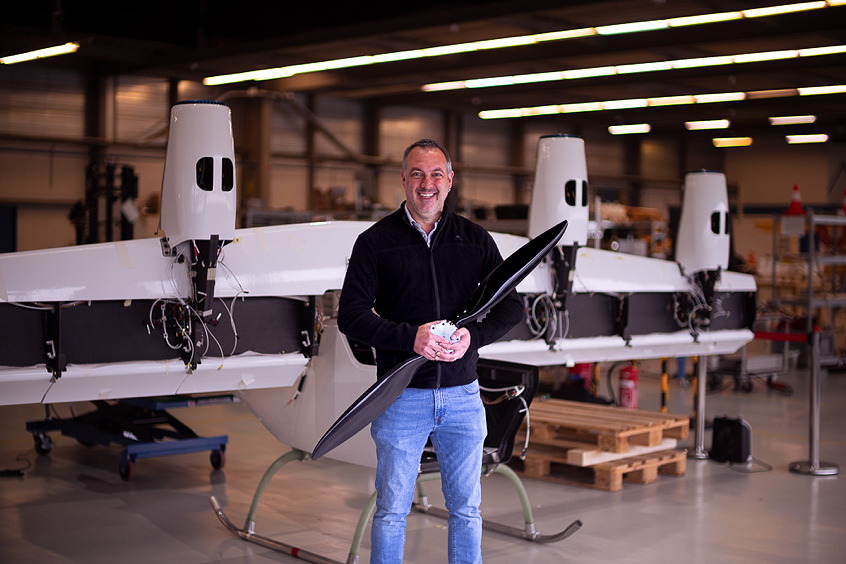DDC-I, a leading supplier of software and professional services for mission- and safety-critical applications, today announced the first partitioned DO-178C multicore commercial off the shelf (COTS) real-time operating system (RTOS) for the NXP i.MX 8QuadMax Applications Processor, with verification evidence to Design Assurance Level A. NXP i.MX 8QuadMax processors running Deos make an excellent platform for developing, deploying and certifying DO-178C avionics software with the most demanding I/O, networking, control, multimedia, and display requirements.
"Many of the same attributes that make the i.MX 8QuadMax an optimal ecockpit platform for automotive applications and an ideal machine vision platform for industrial control and automation applications make it equally attractive for a multitude of DO-178C avionics applications requiring performance graphics and/or synthetic vision," said Ron Martino, vice president i.MX applications processors product line at NXP. "We are pleased to be working with DDC-I to offer our joint avionics customers a world-class multicore safety-critical RTOS platform for our i.MX 8QuadMax Application Processors."
"NXP's i.MX 8QuadMax provides a unique blend of high performance multicore computing, integrated multimedia processing and versatile I/O that makes it ideal for avionics applications requiring data fusion, synthetic vision, graphics and other advanced control and cockpit functionality," said Greg Rose, vice president of marketing and product management at DDC-I. "Deos cache partitioning, memory pools and time/space partitioning allow avionics developers to take full advantage of the i.MX 8's multicore computing, I/O, imaging, graphics and security features while reducing worst-case execution time to achieve the highest level of safety-critical operation."
The i.MX 8QuaMax applications processor is a feature- and performance-scalable multi-core platform that combines a pair of Cortex-A72 cores with four Cortex-A53 cores and two Cortex M4F cores. Featuring dual graphics processing units and an integrated digital signal processor, the i.MX8 QuadMax is ideal for advanced compute-intensive graphics, imaging, machine vision, audio, voice, video, and safety-critical applications. The i.MX 8QuadMax features video encode/decode, MIPI-DSI, HDMI and parallel display interfaces with resolutions of up to 4k x 1024, and integrated MIPI-CSI, HDMI, and parallel camera interfaces. The i.MX 8QuadMax also features built-in security capabilities, integrated power management, and a variety of I/O interfaces, including Ethernet, CAN, USB 3.0, SPI, and I2C.
Deos is a safety-critical embedded RTOS that was first certified to DO-178 DAL A in 1998. Featuring deterministic real-time response, the time- and space- partitioned RTOS employs patented slack scheduling, memory pools, and cache partitioning to deliver higher CPU utilization than any other certifiable safety-critical COTS RTOS. Deos provides the easiest, lowest cost path of any COTS RTOS to DO-178 Level A certification, the highest level of safety criticality.
DDC-I's SafeMC technology extends DDC-I' s advanced time and space partitioning capabilities to multiple cores, enabling developers of safety-critical systems to achieve best in class multicore performance without compromising safety-critical task response and guaranteed execution times. SafeMC's safe scheduling, memory pools, and cache partitioning technology help developers manage the execution of tasks and the configuration of multicore hardware in a way that makes it easy to manage high-level and low-level interference patterns, isolate detrimental sources of contention, and alleviate resource bottlenecks. The result is enhanced determinism and increased CPU utilization for safety-critical applications spanning one or more cores.
Development support for Deos includes DDC-I's Eclipse-based, mixed-language OpenArbor IDE, which features C and C++ optimizing compilers, a color-coded source editor, project management support, automated build utilities, and symbolic debugger. Also included is a virtual target hardware development tool, QEMU (Quick EMUlator), that allows developers to develop, debug and test their code on their development host PC in advance of actual target hardware availability.
| Contact details from our directory: | |
| DDC-I, Inc. | Onboard Computers |
| Related directory sectors: |
| Flight and Data Management |
Weekly news by email:
See the latest Bulletin, and sign up free‑of‑charge for future editions.

Amprius and Stafl team up for battery pack innovation

RISE engine efficiency project gains momentum

Dufour picks Mejzlik propeller blades for the Aero2
